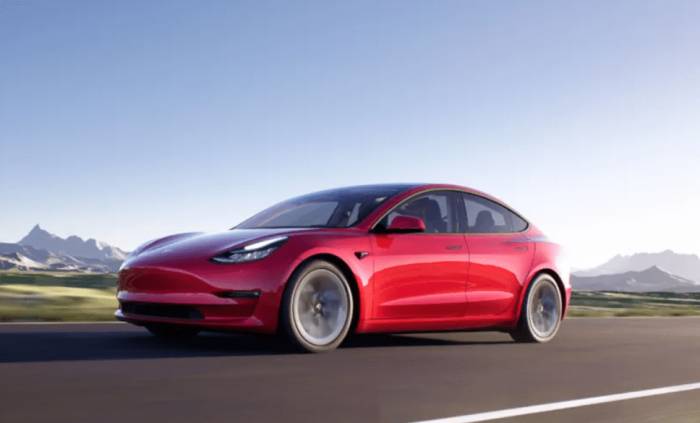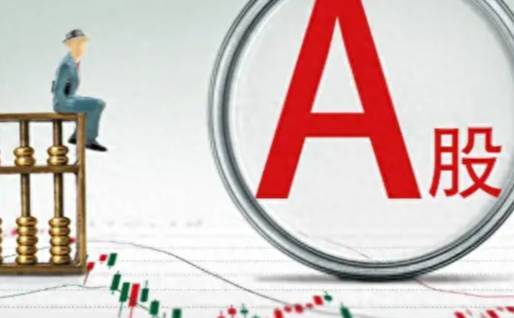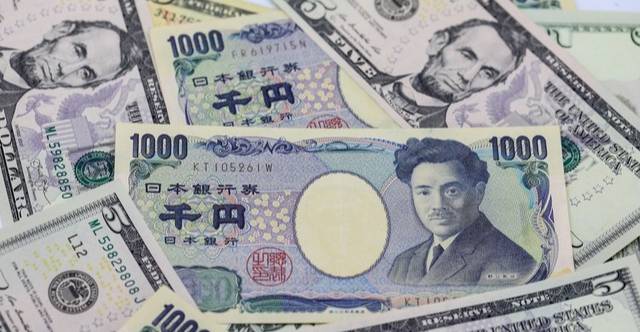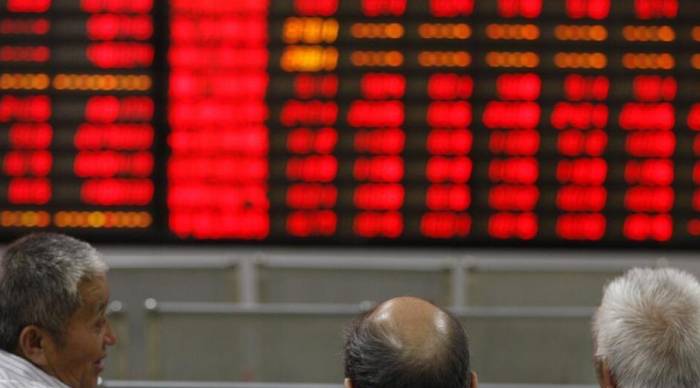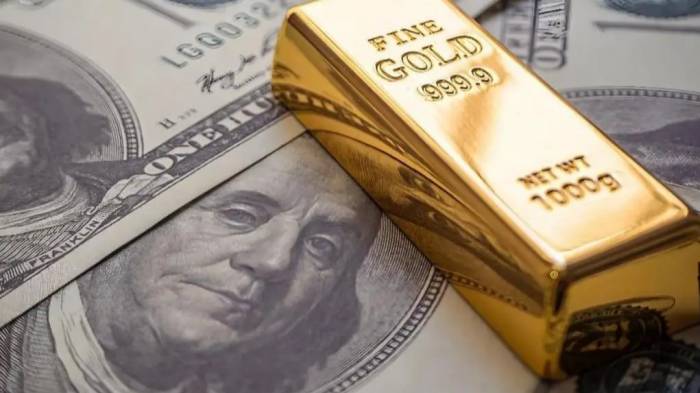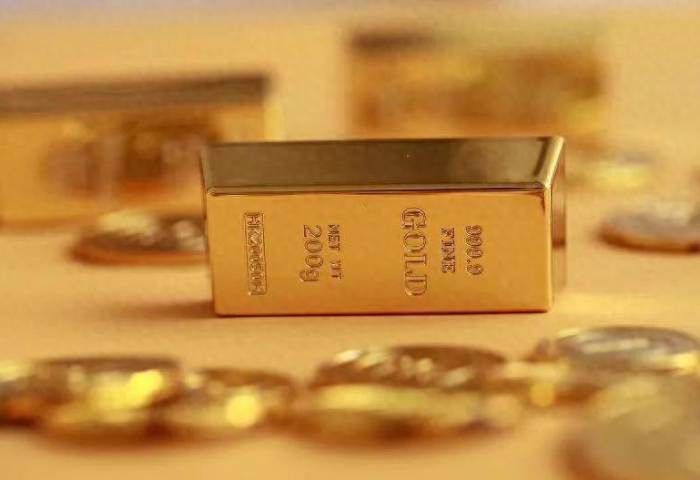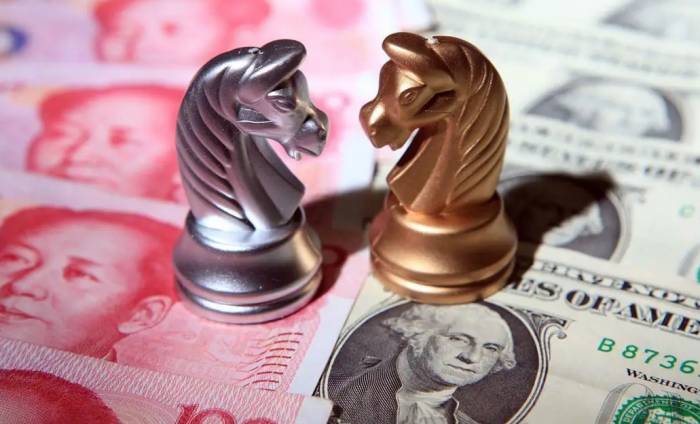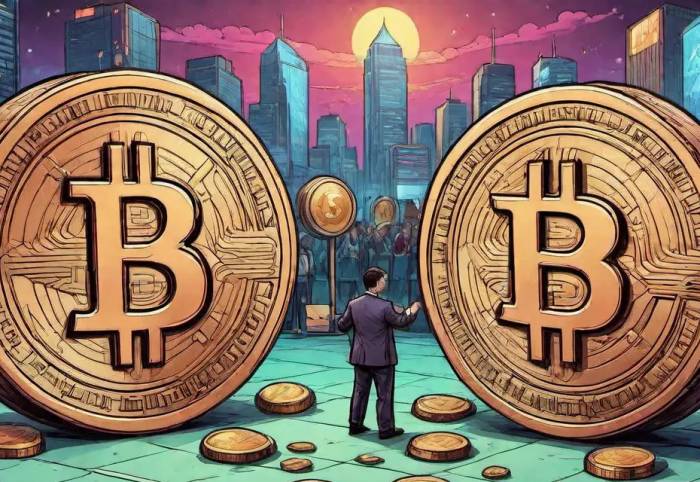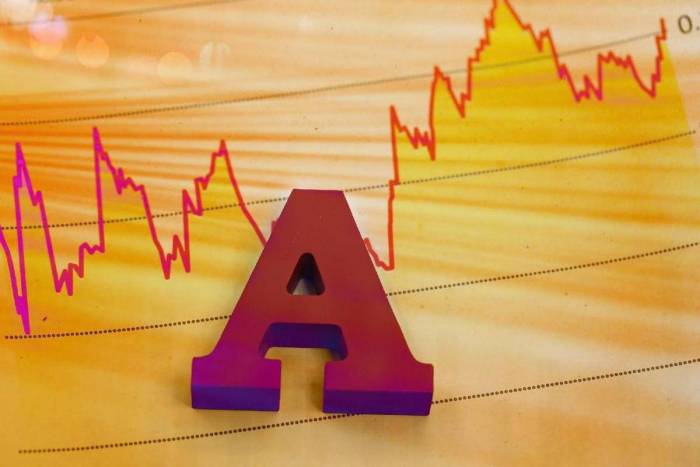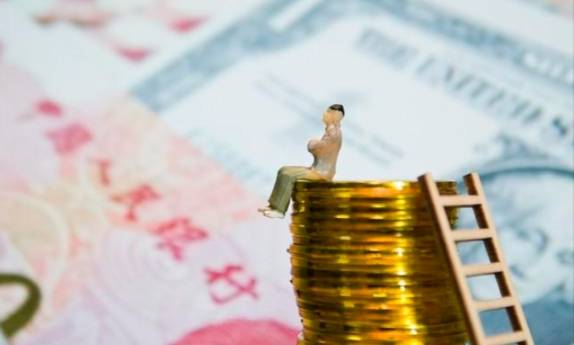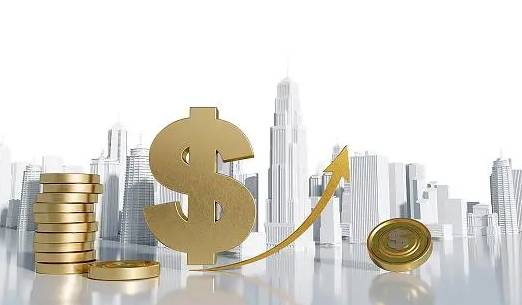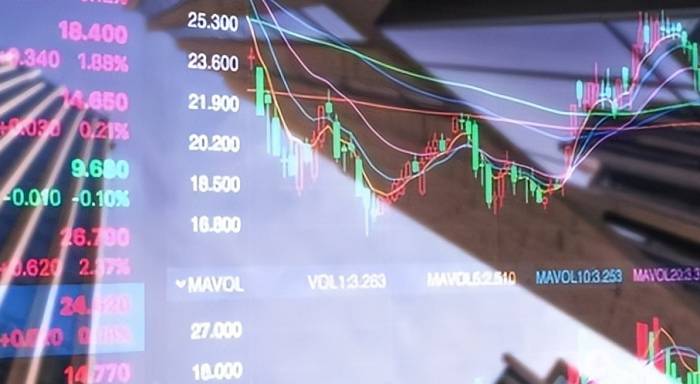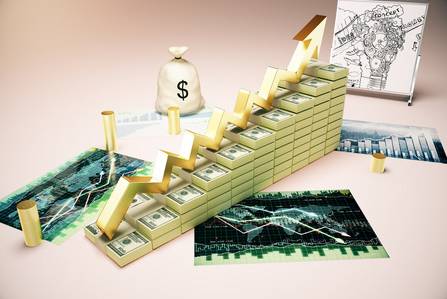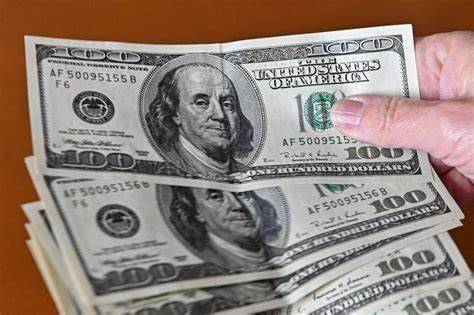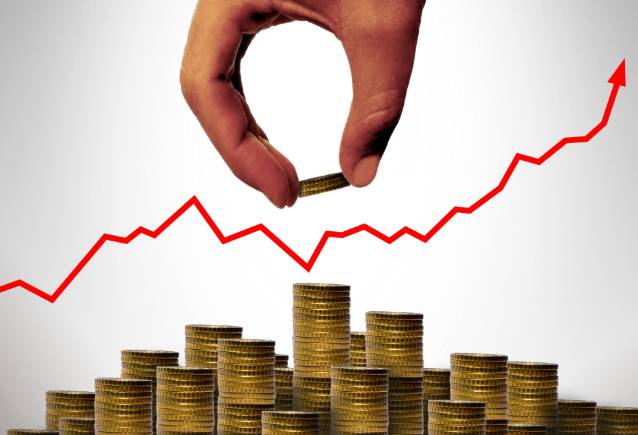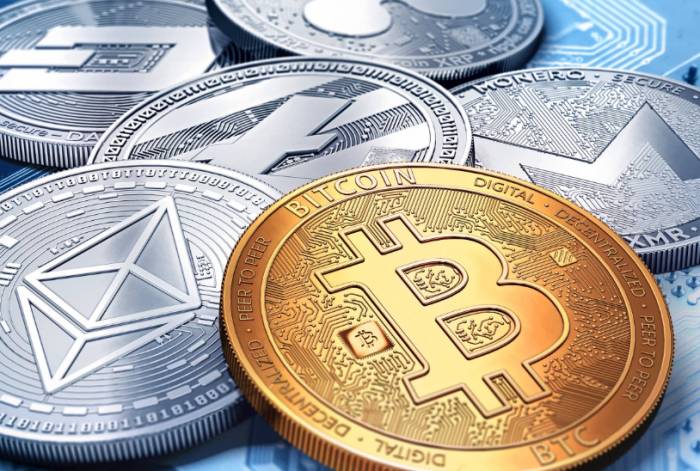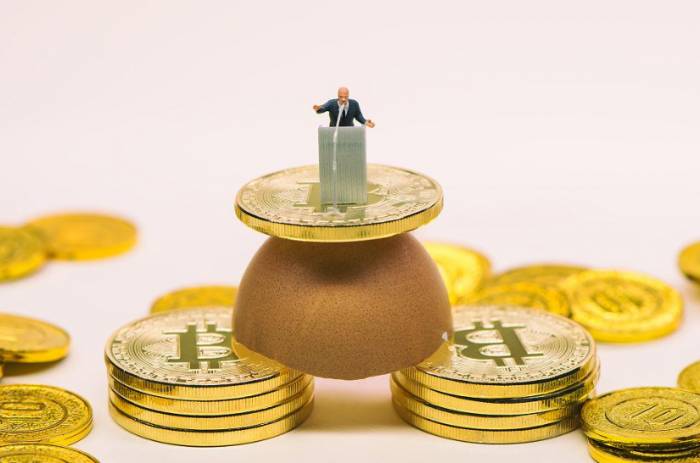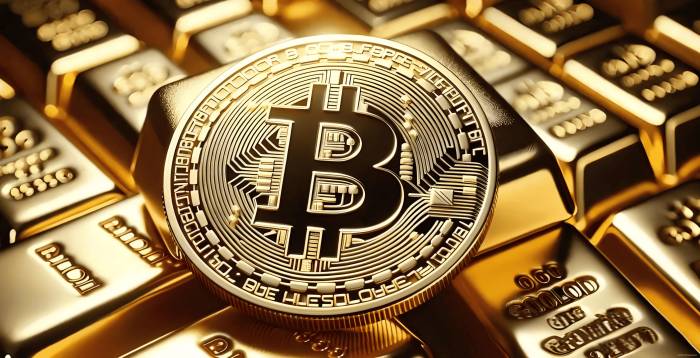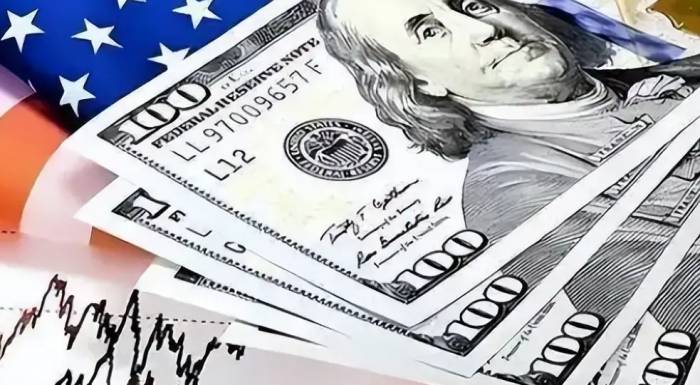In recent times, the focus of global discourse has shifted towards the upcoming U.S. presidential elections, a pivotal event that is anticipated to shape the future trajectory of international relations and economic policies worldwide. As the competitive landscape between candidates intensifies and uncertainty looms regarding the election outcome, it has become increasingly evident that international capital flows are now gravitating towards nations offering higher profitability coupled with a more stable domestic environment.
A recent report released by Goldman Sachs regarding global capital flows encapsulates this phenomenon. It highlighted that over a four-week period leading up to October 30, the Chinese A-shares market experienced an influx of approximately $24.385 billion, equivalent to nearly 170 billion yuan. Such substantial investment underscores the opportunities and safety that China's recent policies have presented to foreign investors eyeing the A-share market.
Moreover, the prevailing uncertainties surrounding the U.S. landscape appear to be diminishing, allowing China to maintain a more composed approach towards fostering stable economic growth. As potential interest rate cuts by the Federal Reserve loom, the international investment climate could tilt favorably towards China, bolstering its capital attractiveness.
The strength of China’s manufacturing sector stands as a beacon for foreign investors, irrespective of whether Donald Trump or Kamala Harris secures the presidency. The likelihood remains high that the Federal Reserve may pursue further interest rate reductions, a move that can potentially facilitate the flow of foreign capital into China. This speculative environment is largely influenced by the alarming non-farm payroll data from October and the contrasting economic policies proposed by both presidential candidates.
Trump has hinted at exerting more influence over the decisions made by the Federal Reserve concerning interest rates, which could result in further cuts. Lower interest rates generally signify increased foreign investment in the Chinese markets, providing China with enhanced flexibility and autonomy in its economic adjustments.
However, the influx of foreign capital can be attributed not only to the Federal Reserve’s rate cuts but also to the stability and safety inherent in China's business environment amid the prevailing global uncertainties. While foreign investments have surged into China, India has witnessed a stark contrast with a significant outflow of capital. Reports from October indicated that foreign financial institutions and investors withdrew a staggering $10.4 billion from the Indian stock market, marking a notable departure from previous trends of capital inflow.
The exodus of capital from India can be traced back to the historically high valuation peaks of the Indian stock market, which have incited panic and widespread sell-offs by skittish investors. Coupled with a slowdown in economic growth, this decline in investor confidence reflects a more challenging business environment that has earned India the moniker of being a “graveyard for foreign investment.” This reputation stems from policies that often favor domestic interests, where numerous multinational corporations have faced rigorous tax audits and hefty penalties.
In essence, the overarching narrative driving global capital flows boils down to the pursuit of opportunity while evading risk. As tensions mount between the two major political factions in the U.S., a simultaneous surge in the global market's fear index has been noted, with increases approaching 14%. Major stock indices across the U.S., Europe, Japan, and India have all faced declines, marked starkly against the backdrop of a 1.1% rise in the China Gold Dragon Index. This juxtaposition indicates a growing trust among international investors in China's business environment, as recently reflected in revised growth forecasts from both Morgan Stanley and UBS, which have elevated Chinese economic growth predictions for 2024 to 4.8%.
Analysts attribute this optimistic outlook to China’s third-quarter growth that surpassed expectations, fueled largely by advancements in manufacturing through technological upgrades. China has attained notable milestones, breaking through technological barriers in Liquefied Natural Gas (LNG) shipping and achieving a level of excellence that rivals global standards, characterized by both high cost-efficiency and superior quality.
Furthermore, advancements in mature process industrial chips have become critical for a significant portion of global industries. Despite sanctions and restrictions from Western nations concerning high-end chips, China has exhibited remarkable progress in developing its range of mature process chips. Recent findings revealed that China's exports of these chips constituted about 26% of the global market share last year, and projections suggest this could rise significantly, positioning China to potentially lead the world market.
Studies suggest that by 2027, mature process chips could represent around 35% of the global semiconductor market, reinforcing the world’s dependence on China’s industrial chain and manufacturing capabilities. This favorable manufacturing landscape naturally attracts a wealth of global investment.
Thus, the inflow of international capital is attributable not only to the uncertainty surrounding U.S. policies but also to the inherent strengths and burgeoning demand within China itself.
Looking ahead, the implications of the third quarter's strong economic growth and the anticipated benefits from U.S. rate cuts will likely initiate a series of positive chain reactions within China’s economy. This trajectory prompts the Chinese government to focus on further stimulating domestic market consumption, an objective evidenced by recent policy measures aimed at invigorating consumer confidence and spending.
For instance, recent measures targeting the real estate sector, such as reducing reserve requirements and cutting both policy and existing mortgage interest rates, clearly indicate the government’s commitment to mitigating the downturn in the housing market and potentially positioning it for recovery. Similarly, in the realm of education, increased allocations for national scholarships across various academic levels are intended not only to elevate student aspirations but also stimulate consumer spending among the youth.
The government’s initiatives in the home appliance sector, featuring trade-in subsidies as high as 2,000 yuan, have rejuvenated demand while providing consumers tangible benefits. These diverse policies foster an environment ripe for social engagement, although they require time for implementation and for society to absorb these adjustments comprehensively.
Nevertheless, the direct input of foreign capital into investments and industrial setups serves as an immediate remedy to some of China’s pressing socio-economic challenges. Whether addressing unemployment or enhancing capital circulation within enterprises, foreign investments provide viable solutions. As international dynamics stabilize and the Federal Reserve intensifies its rate cuts, China’s strengthened position, coupled with its appealing investment landscape, will undoubtedly attract foreign capital, fostering an environment conducive to economic stability and growth.



